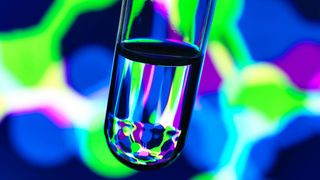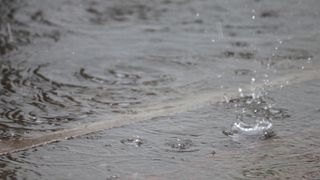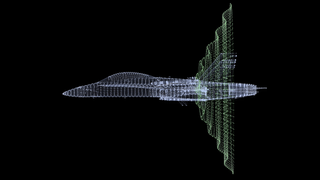Science News: Recent scientific discoveries and expert analysis
Read the latest science news and recent scientific discoveries on Live Science, where we've been reporting on groundbreaking advances for over 20 years. Our expert editors, writers and contributors are ready to guide you through today's most important breakthroughs in science with expert analysis, in-depth explainers and interesting articles, covering everything from space, technology, health, animals, planet Earth, and much more.
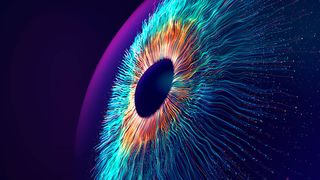
Explainers | Everything you need to know about the science news that matters.
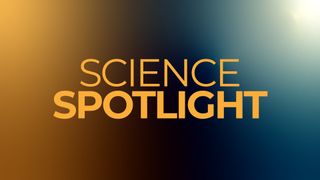
Science Spotlight | Shining a light on new science transforming our world.
Latest news
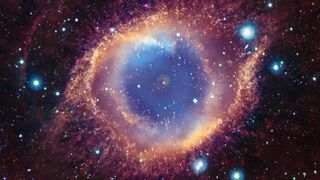
Jaw-dropping NASA image reveals a dying star at the heart of the Helix Nebula — and it may have just murdered a planet
By Stephanie Pappas published
A new view of the Helix Nebula reveals a dying white dwarf star at the nebula's center. This star's violent eating habits could be responsible for strange X-ray emissions in the region.
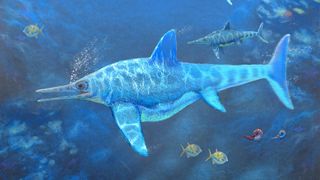
Ancient sea monster was pregnant with twins when she died, 131 million-year-old fossil reveals
By Soumya Sagar published
An ichthyosaur was pregnant with twins when she died, a fossil from Cretaceous Chile reveals.
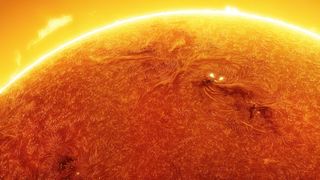
Has the sun already passed solar maximum?
By Ryan French published
Has the sun already reached solar maximum? New data suggests Solar Cycle 25 may have peaked earlier than expected. Find out what this means.
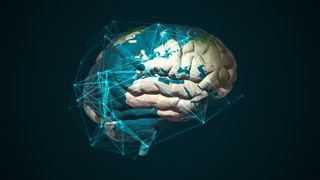
The brain may 'move' between related ideas in the same way it navigates from one location to another
By Skyler Ware published
Using a mathematical model, scientists explored how the human brain might represent information about physical spaces and about people, places and things. Turns out, it may process both in a similar way.
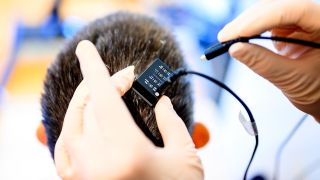
Mind-reading brain implant 'streams' thoughts instantaneously
By Patrick Pester published
Researchers have used a mind-reading brain implant to continuously play a paralyzed person's thoughts through a speaker, allowing them to talk again.
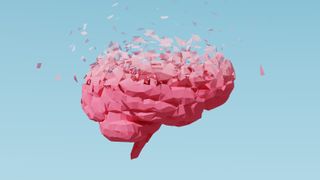
Using AI reduces your critical thinking skills, Microsoft study warns
By Ben Turner published
A survey of workers who use AI has revealed the tools could be slowly impairing our critical thinking skills.
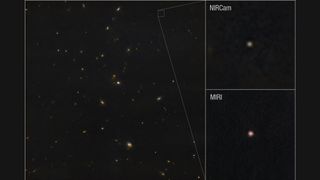
James Webb telescope takes emergency look at 'city-killer' asteroid 2024 YR4 ahead of close encounter in 2032
By Brandon Specktor last updated
The James Webb Space Telescope has taken its first look at the near-Earth asteroid 2024 YR4 before a perilous close approach in 2032. The telescope confirmed Earth is safe, but there is a 3.8% chance that our moon may be in trouble.
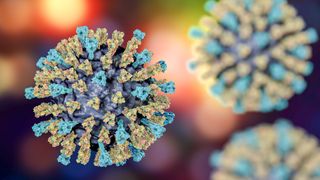
Kids infected with measles face long-term health consequences. Vaccines can prevent all of them.
By Stephanie Pappas published
Measles can erase the immune system's "memory" and cause a rare but fatal health condition. The MMR vaccine prevents these repercussions, evidence shows.
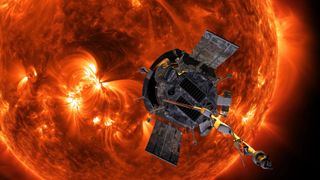
NASA's daredevil solar spacecraft survives 2nd close flyby of our sun
By Sharmila Kuthunur published
NASA's Parker Solar Probe has completed is 2nd ultra-close flyby of the sun, and survived to transmit its data back to Earth.
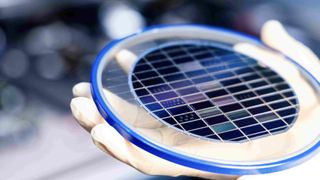
World's first light-powered neural processing units (NPUs) could massively reduce energy consumption in AI data centers
By Owen Hughes published
Q.ANT's new chip uses photon power in a bid to solve AI's big energy issue. It's also 50 times faster than silicon-based equivalents, the company says.
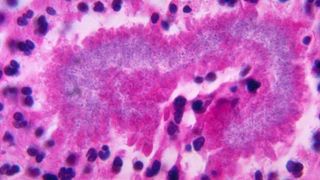
This rare bacterial infection triggers pus-filled sores in the lungs and brain
By Emily Cooke published
Nocardiosis is a rare bacterial infection that attacks the lungs, skin and brain.
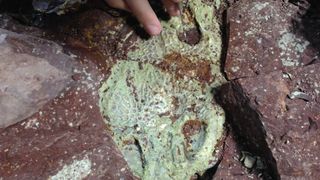
Alligator-size amphibians died together in Triassic Wyoming, puzzling 'bone bed' reveals
By Skyler Ware published
The discovery of nearly 20 alligator-size amphibians that died together during the Triassic in what is now Wyoming is providing scientists important clues about these creatures' lives.
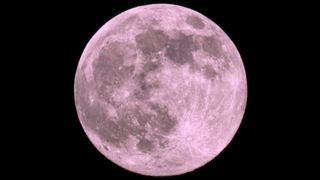
Full moons of 2025: When is the next full moon?
By Jamie Carter last updated
April's full moon is the Pink Moon, rising April 12. It will also be a micromoon, appearing slightly smaller than usual.
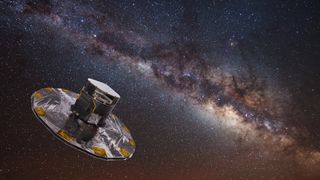
Gaia telescope retires: Scientists bid farewell to 'the discovery machine of the decade' that mapped 2 billion Milky Way stars
By Sharmila Kuthunur published
After 11 years mapping the Milky Way, the European Space Agency's Gaia space telescope has retired. Scientists hailed it as "the discovery machine of the decade."
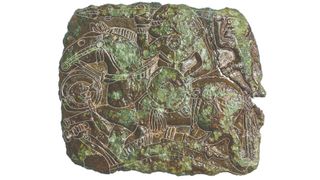
Mysterious origin of iconic Sutton Hoo helmet possibly revealed in new research
By Tom Metcalfe published
A metalworking die found in Denmark features a depiction of a horse and warrior that is remarkably similar to motifs on the Sutton Hoo helmet in England.

Your brain starts eating itself during a marathon, study finds
By RJ Mackenzie published
Under extreme metabolic conditions, like a marathon, the brain may turn to cellular fat stores to maintain function, according to a new study.
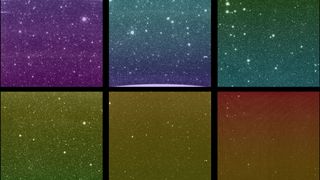
NASA's SPHEREx telescope 'opens its eyes on the universe', taking stunning debut image of 100,000 galaxies and stars
By Ben Turner published
SPHEREx's first images — containing roughly 100,000 points of light stars, galaxies and nebulae — have confirmed that the telescope is working according to its design.
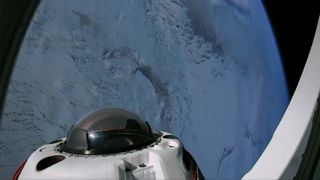
'A notch above a gimmick': Experts question scientific merit of billionaire's Fram2 'space adventure' around Earth's poles
By Harry Baker published
The recently launched Fram2 mission, which is funded and led by cryptocurrency billionaire Chun Wang, will attempt to grow mushrooms, test out hormone diapers and X-ray civilian astronauts. However, experts say that these novel experiments are unlikely to yield meaningful results.
Sign up for the Live Science daily newsletter now
Get the world’s most fascinating discoveries delivered straight to your inbox.
